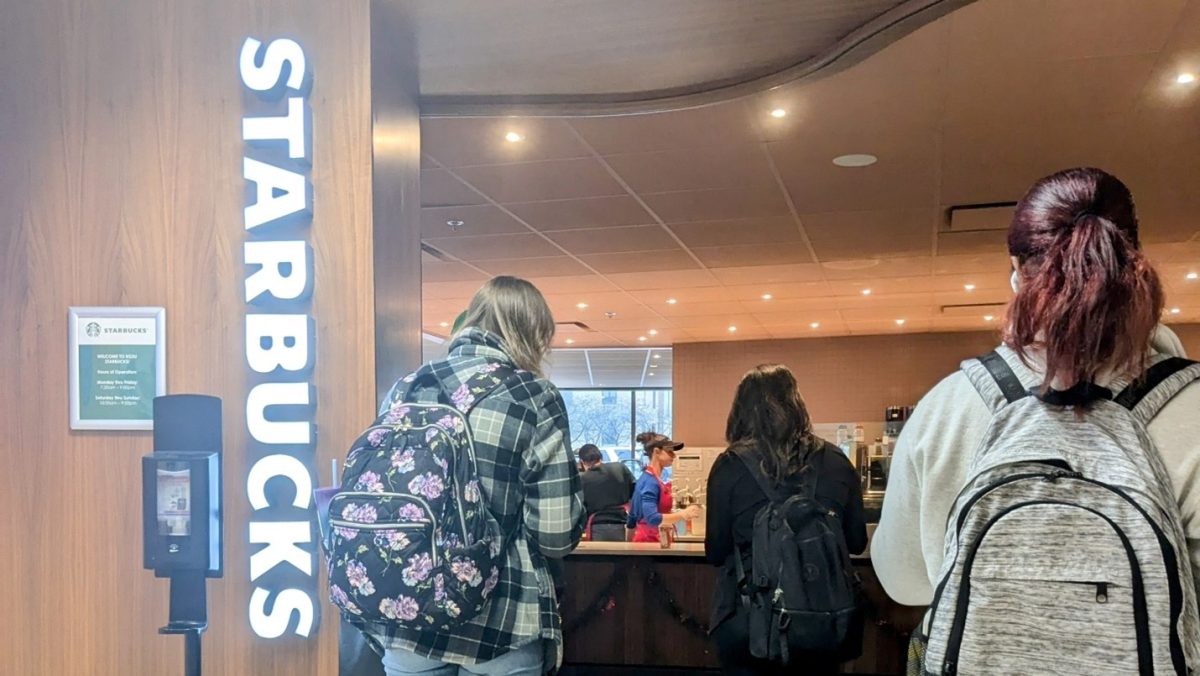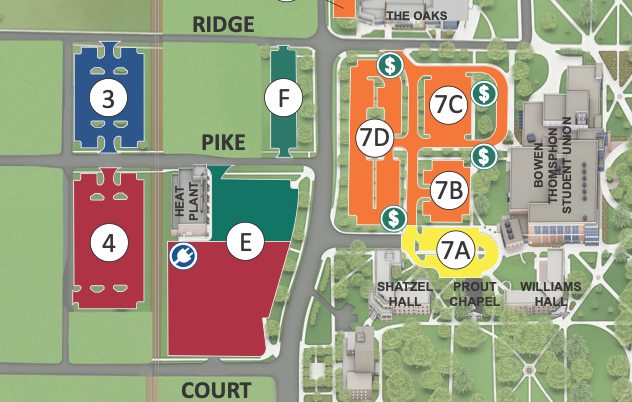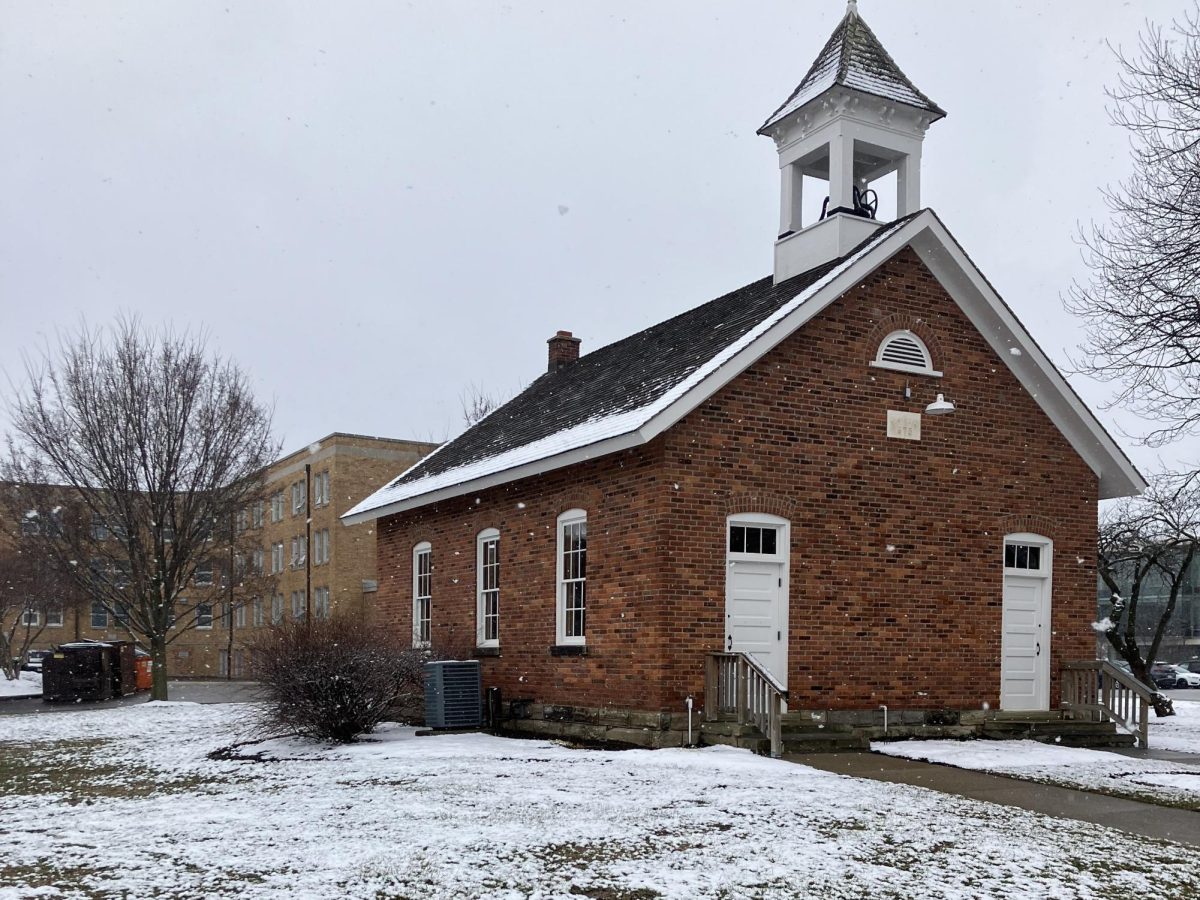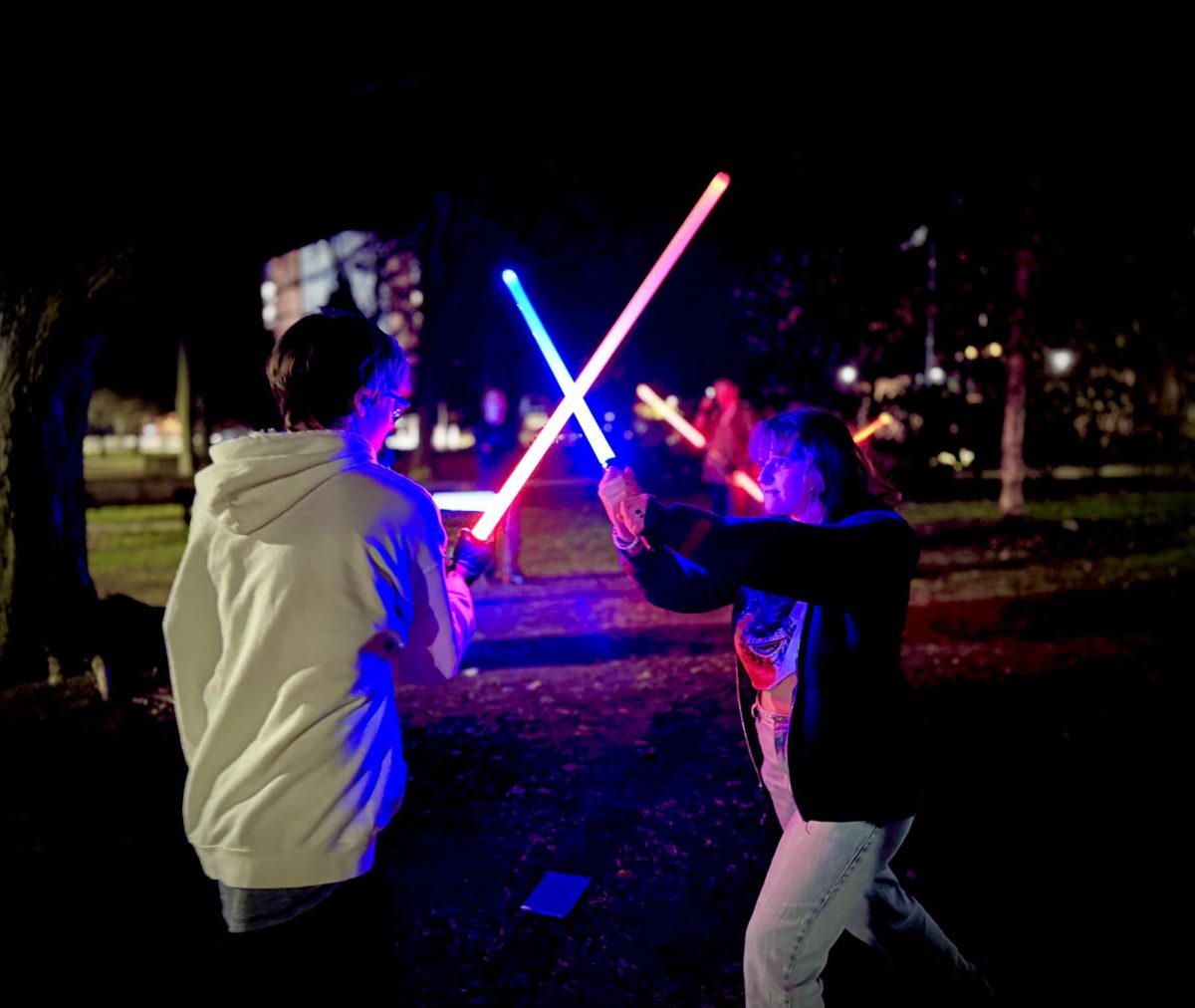Campus organizations FORCE and Vision are pushing for improvements for campus bathrooms.
Vision, an open LGBT organization, and FORCE, a feminist organization, are campaigning to bring more options to transgender students and faculty as well as better access to feminine hygiene products.
FORCE vice president Mariah Butts said that the campaign began after the organization surveyed women’s and gender-neutral bathrooms on campus.
“The gender-neutral bathrooms are small and inconvenient and none of them have access to menstrual supplies,” Butts said. “We also found that less than a third of the women’s bathrooms had access to supplies.”
According to a map on the University’s LGBT Resource Center webpage, there are currently 26 non-gender specific restrooms on campus, which include the sports arenas. Many of these restrooms are labeled as “unisex” or “family” restrooms, however.
FORCE and Vision want to increase the number of convenient gender-neutral restrooms on campus for transgender students and faculty as well as providing more hygiene products.
The leaders of FORCE and Vision are coordinating a meeting with campus maintenance to discuss the campaign.
Nadia Alzamami, the community outreach chair for Vision, says the organizations long-term goal is to have gender-neutral bathrooms in each building on campus.
“It’s a simple thing, bathrooms.” Alzamami said. “We want everyone to feel included and currently that option isn’t there.”
Vision hopes to elicit short-term changes by meeting with Campus Operations and persuading them to change unisex bathrooms to gender-neutral.
“There needs to be that safe space that says it’s there. That’s plausible.” Alzamami said.
Vision is prepared to raise funds to rename the unisex bathrooms on campus Alzamami said.
Tobias Spears, the assistant director for LGBT programs, believes in the cause.
“This is an initiative a lot of organizations have been working on,” Spears said.
The need for gender-neutral restrooms is increasing on campus. Spears said he’s met with more transgender and gender non-conforming students and faculty this year than any other year since he began working for the University in 2011.
“Students are becoming more uncomfortable with the boxes around gender,” Spears said. “There need to be more spaces for those who don’t identify as just men or women.”
Spears said that gender conformity and space segregation has been ingrained in our society and could be hard to overcome.
Spears worries that some of the resistance to making these restrooms more available to students could also be costs.
“Right now they try to fit as many stalls as they can into bathrooms,” Spears said. “New bathrooms means changing all that.”
Many of the newer building on campus have options for transgender people but older buildings would need renovating.
Privacy concerns are a non-issue when it comes to converting to more gender-neutral bathrooms, Spears said.
“There’s always privacy problems [with bathrooms]. Those issues aren’t really gender specific. Everyone wants privacy in the bathroom,” Spears said.
The University has been working to bring more gender-neutral options to campus since first installing bathrooms in Kreischer two years ago. These bathrooms offer a shower, sink and toilet.
Last year, USG passed a resolution to include gender-neutral bathrooms in the Falcon Health Center according to an article posted on bgnews.com in May 2013.













